
Budget for range hood installation costs based on factors such as fan type, duct system, professional labor, ductwork, and more.
Most homeowners spend $200 on an oven repair, but the cost varies with the problem and how challenging it is to resolve.


Most homeowners spend around $200 on oven repairs, with average costs ranging from $130 to $310.
Repair costs depend on factors like the type of repair, oven type, and labor considerations.
Hiring a professional ensures a safe and efficient repair, preventing further damage or potential hazards.
Regular maintenance can extend your oven's lifespan and help you avoid expensive fixes.
This article was updated using automation technology and thoroughly reviewed for accuracy by HomeAdvisor Editor Ryan Noonan.
Is your oven leaving your cookies half-baked or your roast undercooked? Fixing an oven is an urgent concern so you can get back to cooking meals for your household. Most homeowners spend around $200 to have their oven professionally fixed, with costs ranging from $100 to $600. The final price depends on the part that needs repair, the type of oven you have, and the complexity of the issue.
Oven repair costs an average of $200, with most homeowners spending between $100 and $600. The total cost depends on the type of oven and the specific problem that needs fixing. Getting your oven back in working order should be a top priority, so budget accordingly for this type of appliance repair.
Your repair costs can range widely depending on factors like the type of oven you have, the part that needs replacing, or how much you’ll spend on labor. Here we break down the details to keep in mind while budgeting.
When an oven stops working, the cause could be anything from slow heating to a malfunctioning control board. Either way, the type of oven repair will impact your labor costs and the overall cost of the project. Below are different oven repair types to be aware of:
| Repair Type | Average Cost |
|---|---|
| Control board malfunction | $150–$300 |
| Odd noises | $100–$300 |
| Clicking sounds on a gas oven | $200–$350 |
| Door repair or replacement | $100–$400 |
| Poor or slow heating | $100–$600 |
| Self-cleaning issues | $100–$600 |
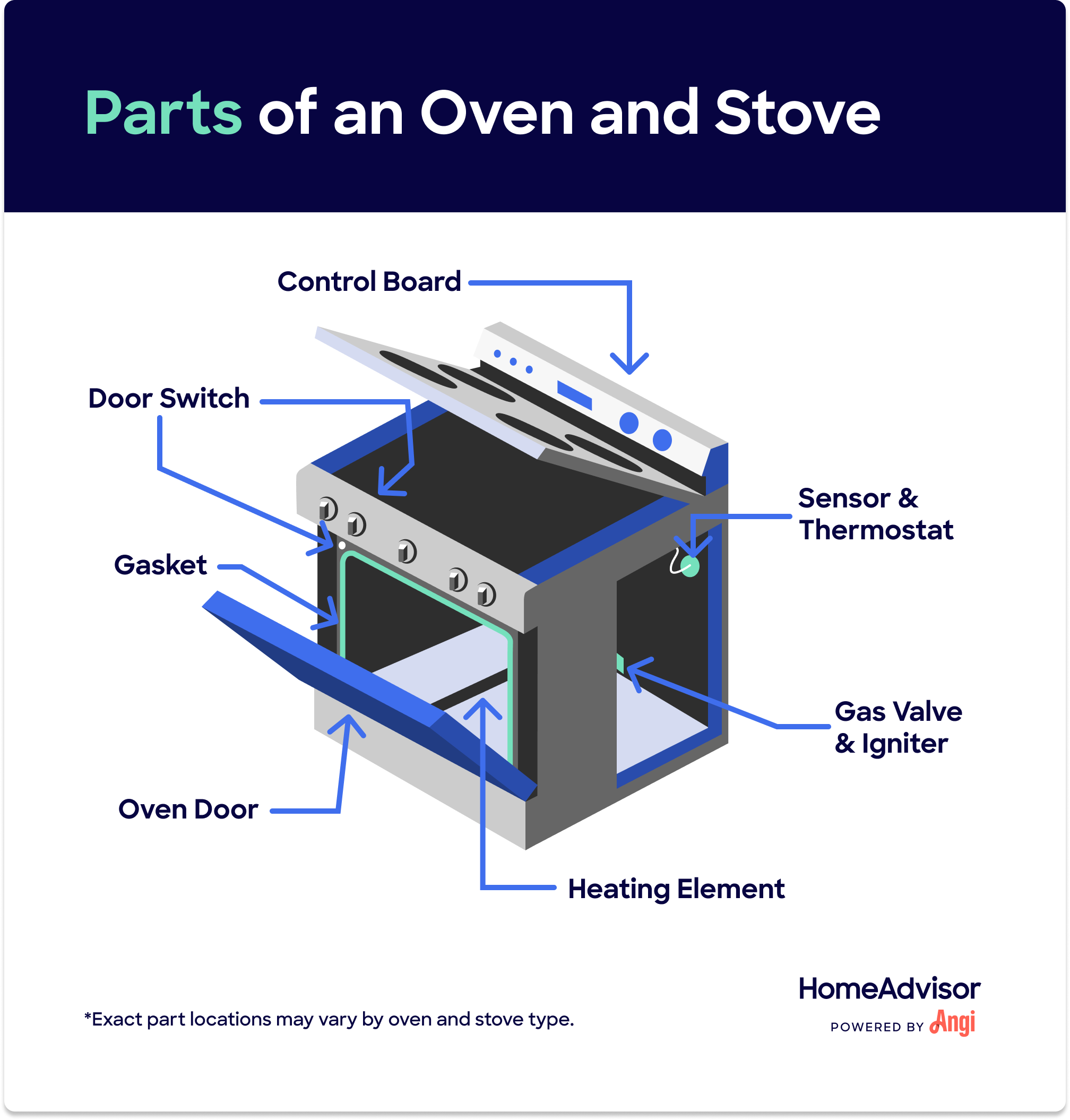
The oven part that needs repair or replacement will also affect the overall cost. Here are common oven parts that might need fixing and what you can expect to pay, including parts and labor.
| Repair Task by Oven or Stove Part | Average Cost |
|---|---|
| Control board replacement | $225 |
| Door repair or replacement | $175 |
| Door replacement | $175 |
| Glass door replacement | $200 |
| Igniter replacement | $200 |
| Heating element replacement | $275 |
| Thermostat replacement | $150 |
| Door switch replacement | $150 |
| Gas valve replacement | $150 |
| Gasket repair replacement | $175 |
Certain types of ovens, such as gas, steam, or pizza ovens, cost more to repair than others. Here's what you might pay, depending on which type needs repairs.
The type of oven significantly affects repair costs, and electric oven repairs range from $100 to $250, as they have fewer complex components compared to gas ovens. Common repairs involve replacing heating elements or fixing wiring issues. Since they’re generally safe to work on and straightforward to fix, costs remain lower. However, if you're not comfortable working on electrical appliances, a professional oven technician can fix the problem.
Gas oven repairs cost between $100 and $600 due to additional safety considerations when working with gas lines and ignition systems, including potential hazards like gas leaks and fires. Repairs require specialized knowledge to address issues like faulty igniters or gas valve problems. Due to these risks, it's essential to contact a stove repair professional rather than attempt a DIY repair.
Steam oven repairs start at about $200 but can go as high as $600. These are one of the most expensive types of ovens, and repairs can get pricey, but homeowners value them for their efficiency and health benefits. When something goes wrong, it’s most commonly due to issues with the waterline or water heater.
Pizza oven repair costs range anywhere from $150 to $600 or more. Prices vary for this type of oven, as they come in various shapes and sizes and with different functionalities. Since they're designed to last a couple of decades, repairs are often worth the investment.
An oven repair specialist charges $50 to $200 per hour, and they will charge a flat fee for a visit. If you need an electrician to make repairs to your oven’s electrical components, they charge $50 to $100 per hour. Alternatively, a gas line specialist charges $45 to $150 per hour if you need them to make repairs for your gas stove. The longer a repair takes, the more you’ll pay in labor costs.
On top of the main cost factors above, there are a few other items to consider for your oven repair.
Stovetop repairs cost less than oven repairs, but prices vary based on what's wrong. Common issues include faulty heating elements, malfunctioning electronics, or cracked glass stovetops.
Replacing a scratched or broken glass stovetop can be quite expensive, going as high as $600. Cracks aren’t repairable, so if a glass stovetop chips or cracks, replacement is the only option.
The cost to replace a gas stove igniter is between $150 and $220. If the pilot light goes out or your stovetop won't stop clicking, you might need a replacement. A faulty igniter is usually the culprit when your burner won't light.
Replacing a faulty stovetop heating element costs between $150 and $220, including parts and labor.
In most areas, minor repairs don’t require a permit. On the other hand, you will need a permit if you plan to make major changes to the gas lines and electrical setup. A local permit could cost between $10 to $500.
Do not attempt oven repairs yourself beyond basic cleaning. Whether gas or electric, ovens can be dangerous to fix without proper training—risks include electrical shocks or gas leaks. Professionals have the expertise to diagnose and repair issues safely and efficiently.
Hiring a qualified technician ensures the job is done correctly and reduces the risk of further damage or injury. Implementing these strategies can help you manage costs effectively so you can get back to baking:
Schedule regular maintenance: Regular servicing can catch minor issues before they become major problems, saving you money in the long run.
Consider repair versus replacement: If the repair costs more than 50% of the price of a new oven, it might be more cost-effective to replace it.
Check for warranties: Your oven may still be under warranty, which could cover the cost of repairs and reduce your expenses.
Remember, attempting DIY repairs on appliances, especially on gas ovens, can be risky. Reach out to an appliance repair technician near you to get your appliance back up and running.
No place is more important than your home, which is why HomeAdvisor connects homeowners with local pros to transform their houses into homes they love. To help homeowners prepare for their next project, HomeAdvisor provides readers with accurate cost data and follows strict editorial guidelines. After a project is complete, we survey real customers about the costs to develop the pricing data you see, so you can make the best decisions for you and your home. We pair this data with research from reputable sources, including the U.S. Bureau of Labor Statistics, academic journals, market studies, and interviews with industry experts—all to ensure our prices reflect real-world projects.
From average costs to expert advice, get all the answers you need to get your job done.

Budget for range hood installation costs based on factors such as fan type, duct system, professional labor, ductwork, and more.
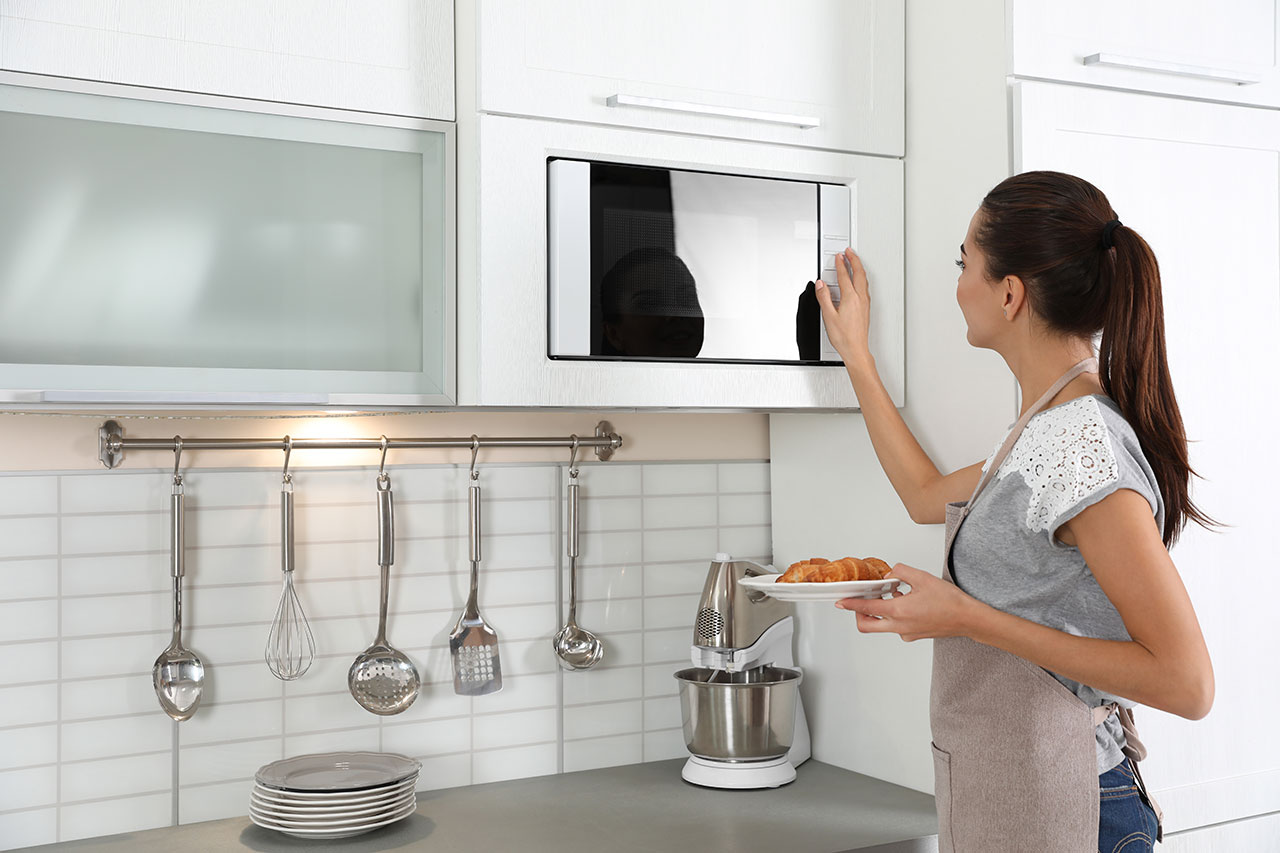
Budget for microwave repair costs based on factors such as parts, what the issue is, microwave type, professional labor, and more.
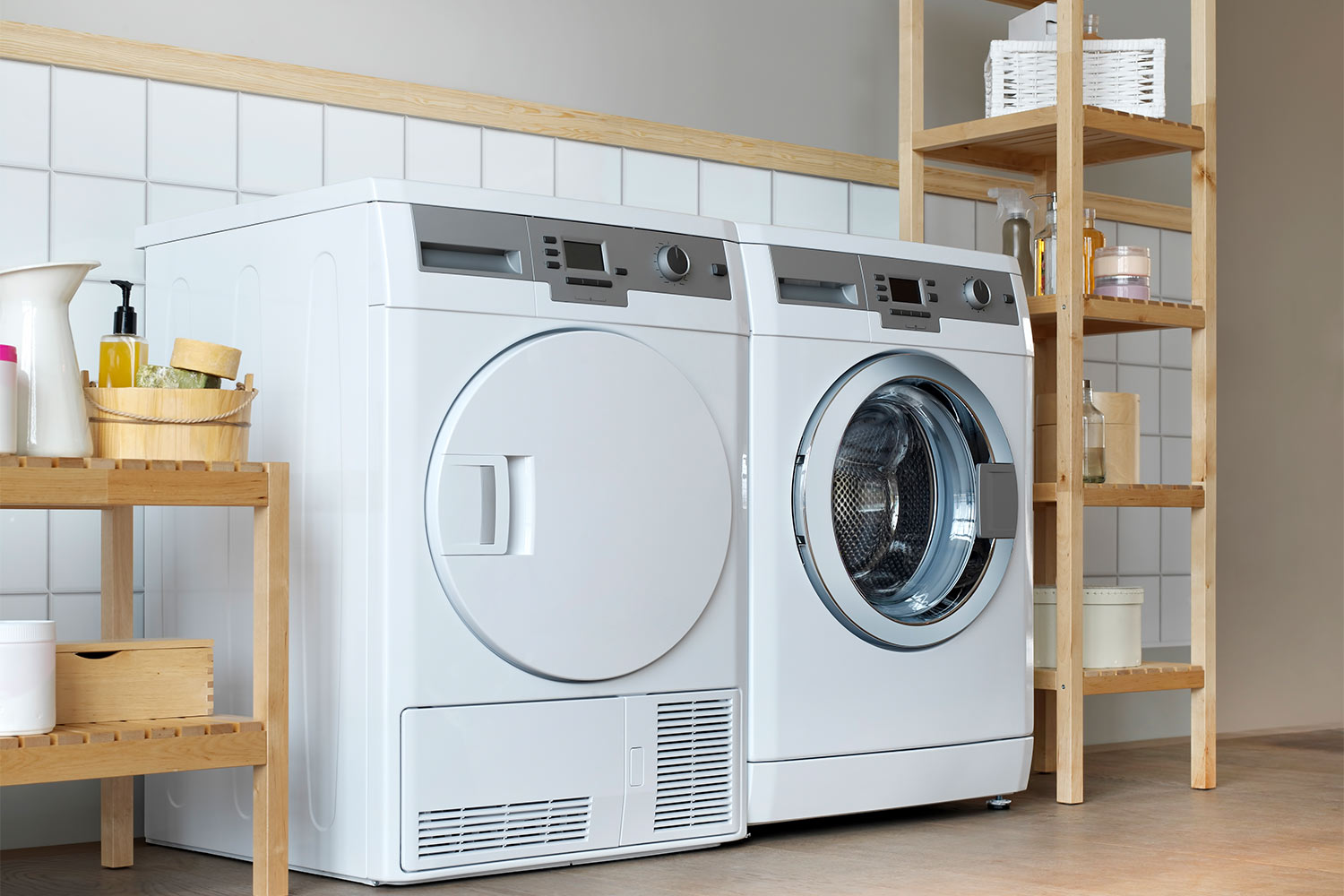
Wondering who installs washer and dryer hookups? See whether to call a plumber or electrician, what’s involved, and the typical $2,000 cost
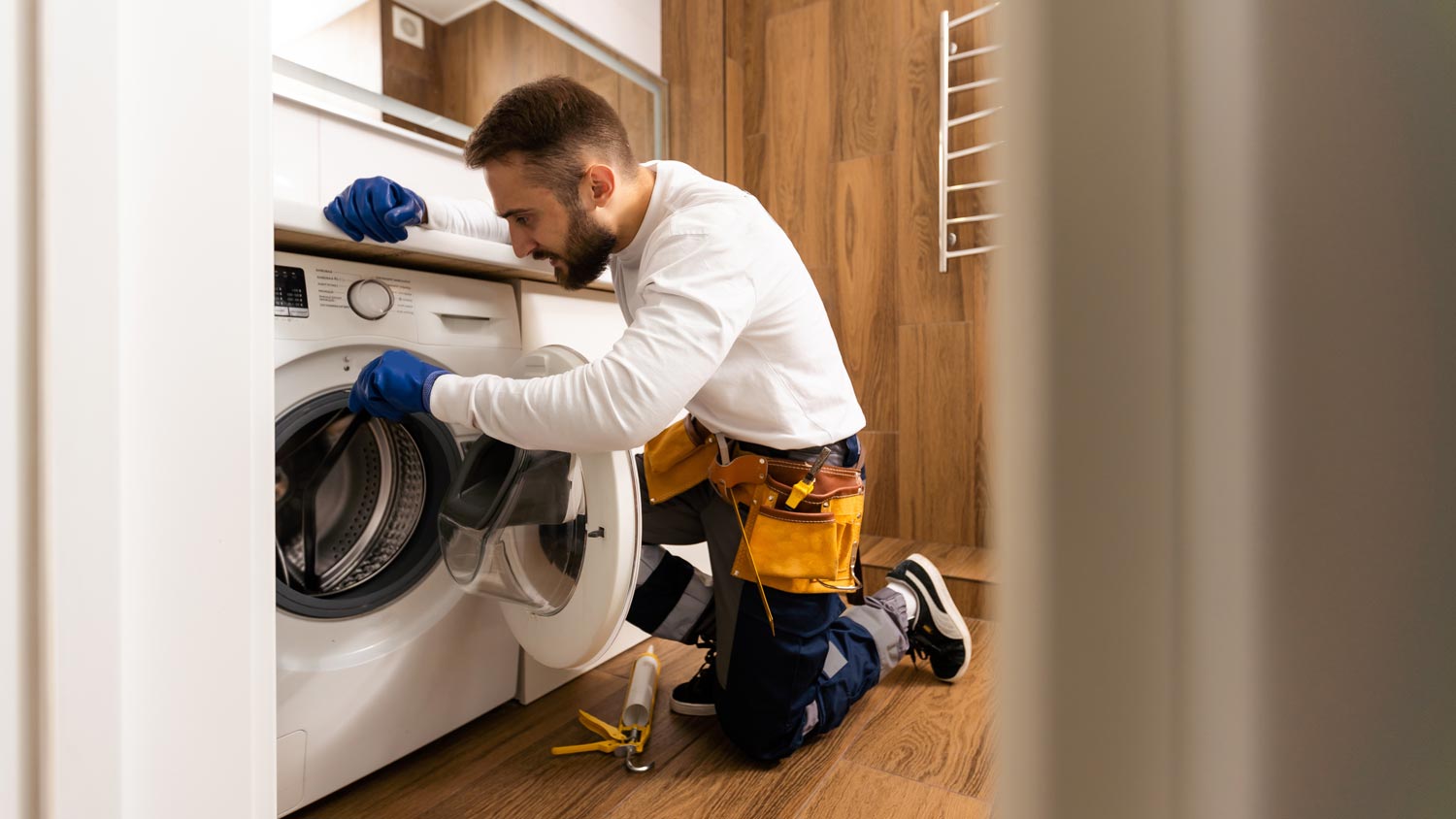
Who fixes washing machines? Find appliance repair pros, what they do, and costs. Get expert guidance now.
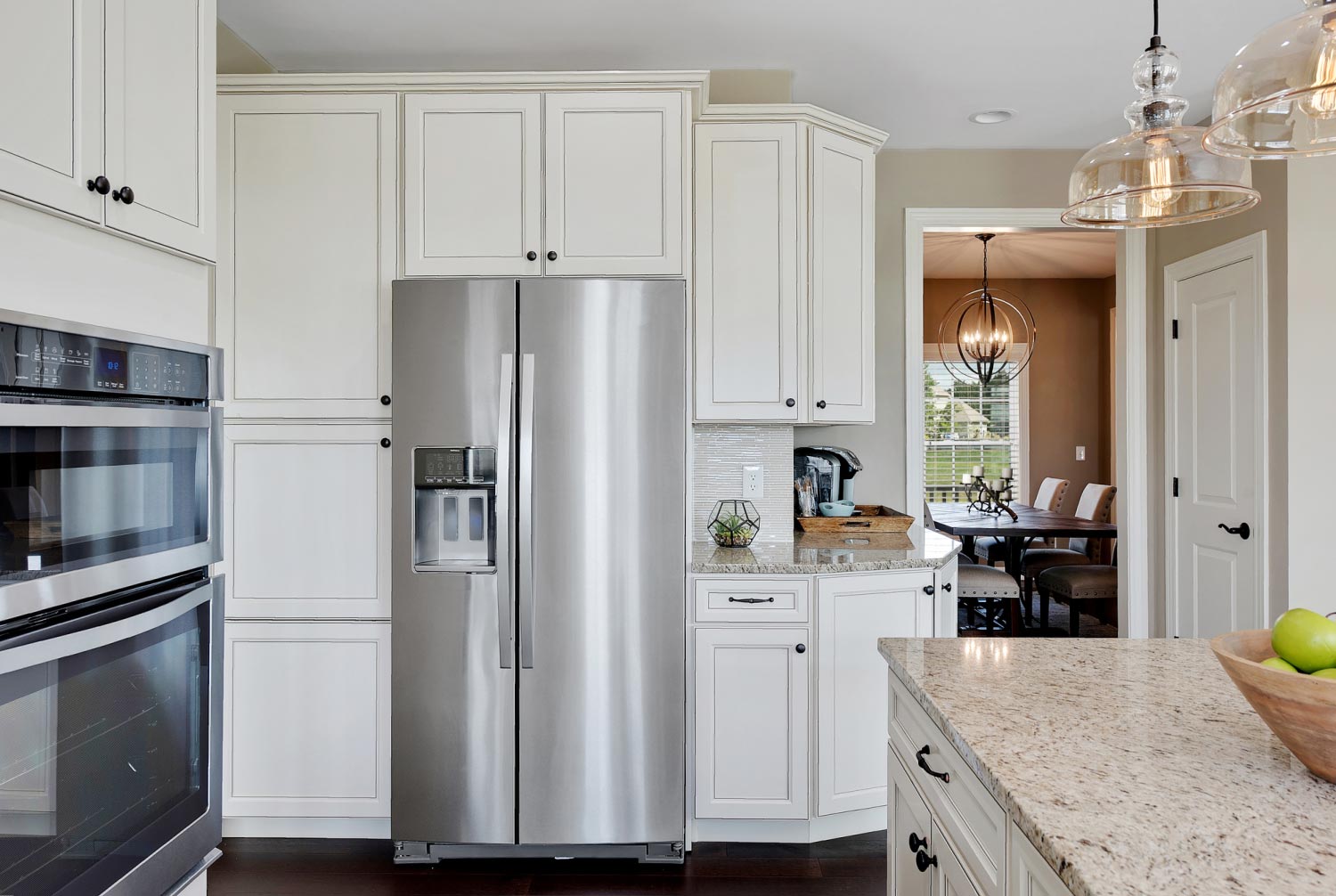
Find out who to call for refrigerator repair. Learn why a licensed refrigerator repair technician is best and when DIY is safe.
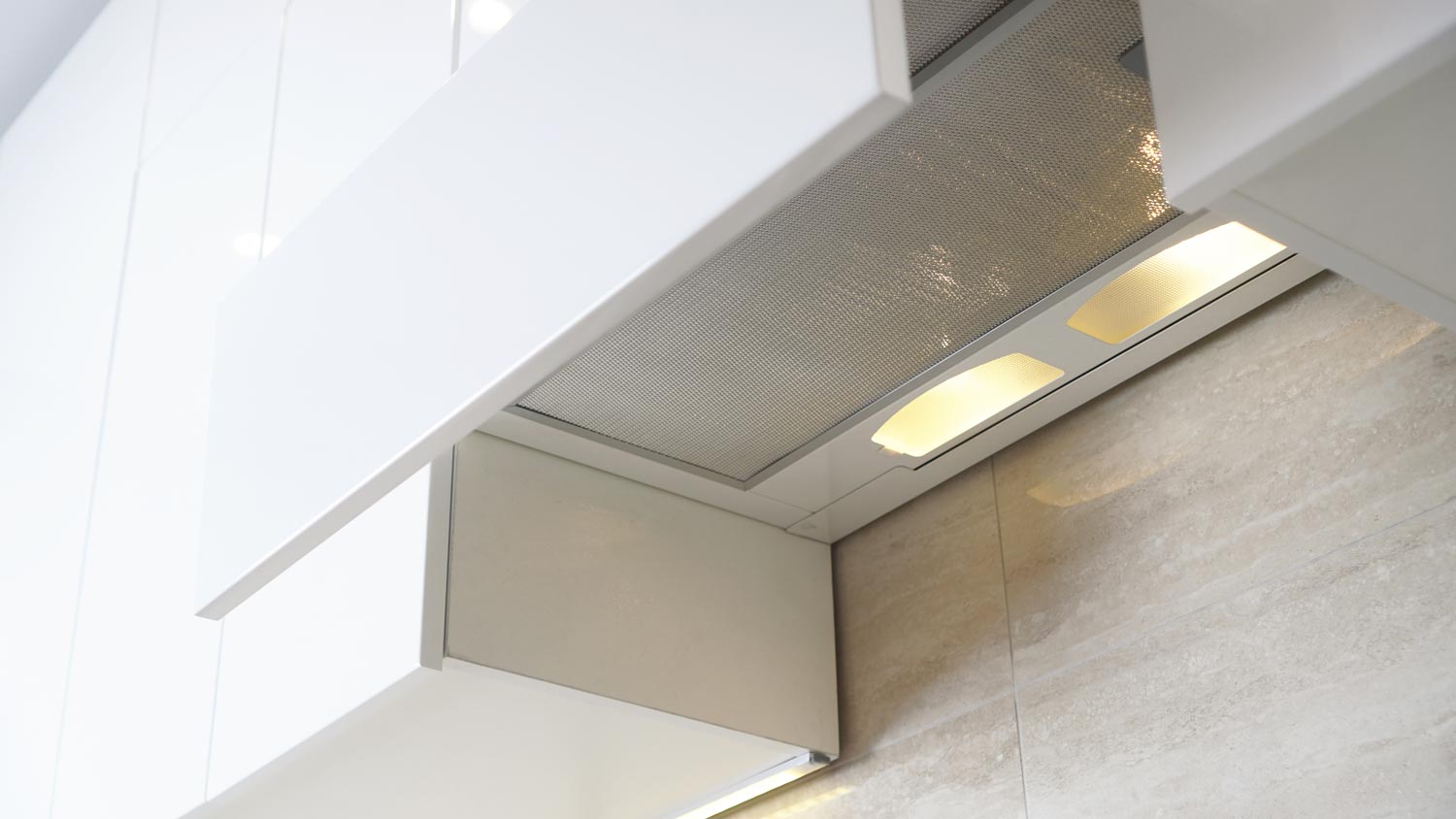
Find out who fixes range hoods and when to call an appliance technician, HVAC pro, or electrician. Learn repair vs. replacement costs and next steps.